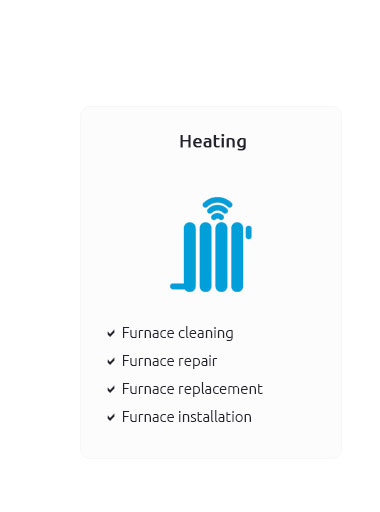 |
 |
 |
 |
 |
 |
 |
 |
 |
 |
 |
 |
 |
 |
 |
 |
AC Replacement: Understanding the Bigger PictureAir conditioning, an essential comfort in many homes, tends to be one of those things you might not think about until it stops working. The decision to replace an air conditioning unit isn't always straightforward. It involves several considerations that can affect your home's comfort, energy efficiency, and your bank account. This article delves into the multifaceted world of AC replacement, providing you with the insights necessary to make an informed decision. Firstly, it's crucial to recognize when replacement is preferable to repair. Frequent breakdowns, rising energy bills, and uneven cooling are all signs that your AC might be on its last legs. While repairs can sometimes extend the life of an air conditioning system, there comes a point where the cost of fixing an aging unit outweighs the benefits. Most experts suggest considering replacement if your unit is over 10-15 years old, especially if it utilizes outdated refrigerants like R-22, which are being phased out for more environmentally friendly alternatives. Energy efficiency is another pivotal factor. Modern units boast significantly improved efficiency ratings, which can lead to substantial savings on energy bills. Look for units with a high SEER (Seasonal Energy Efficiency Ratio) rating. The higher the SEER, the more efficient the unit. Investing in a high-efficiency AC can often pay for itself over time through reduced energy costs. When contemplating a replacement, it's also worth considering the size and type of system best suited for your home. The 'one size fits all' approach does not apply here. An undersized unit will struggle to cool your home, while an oversized unit may cool too quickly without properly dehumidifying the space. Both scenarios lead to inefficiency and discomfort. Consulting with a professional to perform a load calculation ensures that you select a system that is perfectly sized for your home's unique needs.
Beyond the technical aspects, consider the environmental impact of your choice. Modern AC units are designed to minimize their carbon footprint. Choosing an energy-efficient model not only reduces your energy bills but also contributes to a more sustainable future. Many governments offer incentives or rebates for upgrading to high-efficiency systems, making this an opportune time to consider replacement. Lastly, the installation process itself plays a critical role in the performance of your new AC. Even the most advanced air conditioning system will underperform if not installed correctly. This is why selecting a reputable HVAC contractor with a proven track record is essential. Ensure that your chosen contractor is licensed, insured, and willing to provide references. It's worth taking the time to research and select a contractor who will ensure that your system is installed according to the manufacturer's specifications. In conclusion, while replacing your AC unit can seem like a daunting task, understanding the key factors involved can simplify the process and lead to a more comfortable, efficient, and environmentally friendly home. Remember, the choice of air conditioning system and the quality of its installation will have lasting effects on your comfort and energy expenses. Therefore, taking the time to research and make informed decisions is not just advisable but imperative. As you navigate the myriad options available, keep in mind that the ultimate goal is to enhance your home's comfort while being mindful of both economic and environmental considerations. https://jarboes.com/air-conditioner-replacement/
AC system replacement service technicians from Jarboe's Heating, Cooling & Plumbing are expertly trained and certified and will find you the right HVAC unit ... https://www.reddit.com/r/Louisville/comments/po86ct/hvac_replacement/
Roehrs Heating and Cooling did an amazing job for me in a similar sized house. $4500 with a new duct line and vent installed. That was for a ... https://breckinridgeheatingandcooling.com/services/ac-repair/
Looking for reliable AC repair in Louisville, KY? Breckinridge Heating & Cooling offers fast, expert service. Call now for emergency repairs and ...
|